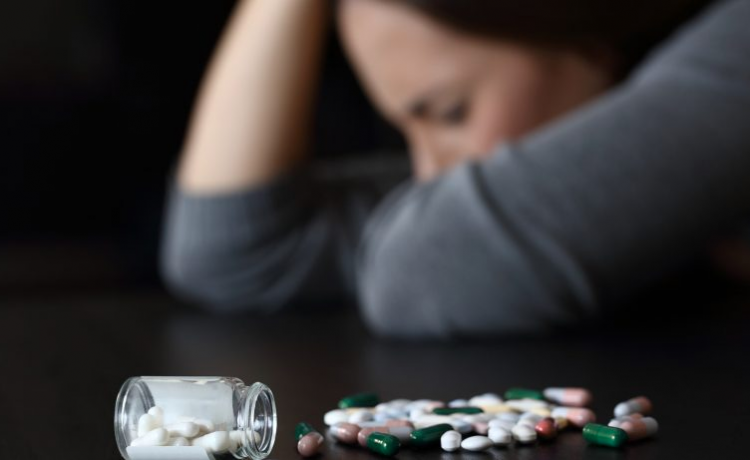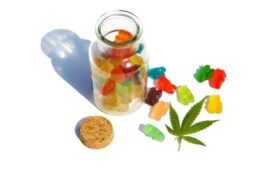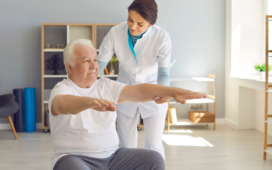First, it’s important to understand what addiction really is—and isn’t. Addiction can also involve activities such as gambling or sex that don’t involve substances at all. Often times, people will abuse drugs or alcohol to numb the pain of something else going on in their lives—something like stress or trauma—but not everyone who uses drugs or alcohol has an addictive personality. This means that some people can use drugs or alcohol recreationally, even heavily, without ever becoming addicted to them.
Admit You Have a Problem
The first step in recovery program is admitting have a problem. There’s a good chance that, on some level, you already know what your drug of choice is doing to your life—whether it’s holding you back at work or disrupting your relationships with loved ones. But knowing that doesn’t necessarily mean you see all the ways in which your addiction has negatively impacted your life. Take some time and examine how substance abuse has affected everything from your career to your physical and mental health.
Seek Professional Help
If you think that you or someone close to you may have a problem with addiction, it’s important that you get professional help at a rehab facility. A good therapist will understand your needs and tailor his/her services accordingly. If money is an issue, there are financial assistance programs available.
Find Support From Others
Support groups are among one of the most successful ways to overcome addiction. With support, you’ll have someone who understands your struggles and is there for you when things get tough. Connecting with others will also help reinforce positive changes you’re making in your life—like giving up alcohol or drugs. To find a group near you, reach out to your doctor or a local hospital and ask about support groups for addiction.
Get Involved in an Online Community
If you have a problem with addiction, then taking part in an online community is a great way to provide yourself with social support and connect with other people in similar situations. The anonymity of online interaction makes it easier for you to ask questions, share stories, and offer your own advice and encouragement. You can also find communities where people are recovering from the same substances or habits as you. Online recovery communities can be especially helpful if you’re trying to change long-standing behaviours or patterns.
Write Down Your Goals
It’s important to write down your goals. Why? Because they’re just not going to happen if you don’t. And writing them down will help you crystallize what it is that you want, which is half of getting there. Simply put, if your goal isn’t written down, it doesn’t exist. Write down a list of all the things you want to accomplish in recovery and how long you think it’ll take for each one. Keep in mind: some are more achievable than others and might require shorter timelines. There’s no point in setting a deadline for something like find a job when you’re still struggling with addiction; but say, write my autobiography, is something that can be accomplished quickly and easily as long as your focus remains on completing the task at hand.
















